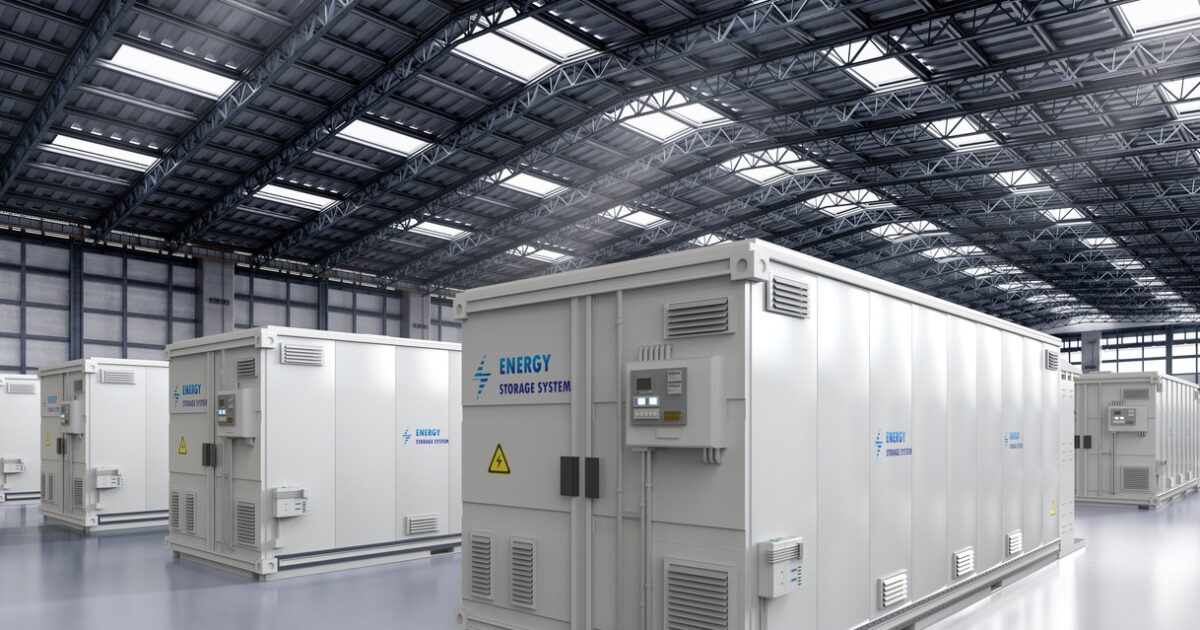Large annual profits will be reaped by those companies that implement the first energy storage units with batteries in our country, as can be seen from his analysis AUTH.
As an example, a unit with 10 MW batteries and a 5-hour storage period, which will operate on commercial terms, will even earn more than 2 million euros per year in its first years of operation, AUTH estimates.
Based on international practice, such a project costs 2.5-5 million euros, so one can understand the high investment motivation.
Let us clarify that based on the government’s design, there are two categories of batteries that will be included in the system from now on: The first is the 1,000 MW of subsidized units from the three tenders held in previous years. These projects are estimated to be operational by 2026.
The second and largest category is the 4.7 GW units that will operate on the free market without subsidy. In this case, the first projects are expected to be completed in 2028. They will receive revenue from three different sources: Exploiting the daily arbitrage between the lowest and the highest electricity price, acting as a reserve and providing balancing.
According to what was recently presented by AUTH professor Pantelis Biskas, the longer the duration of storage that a unit can provide, the more its income increases.
If we are talking about a 10 MW project with a duration of 5 hours, then the annual total revenue for 2026 is estimated at 2.6 million euros based on market conditions. They then decline to 1.8 million in 2028 and finally stabilize at a level close to 1.6 million euros for the remaining years until 2037, the simulation shows.
In practice, the battery will gradually lose the high revenues from balancing and reserve, but will retain the corresponding ones from arbitrage.
By extension, AUTh estimates that the projects will be sustainable over time, while those who enter the market first will have the highest profits.
